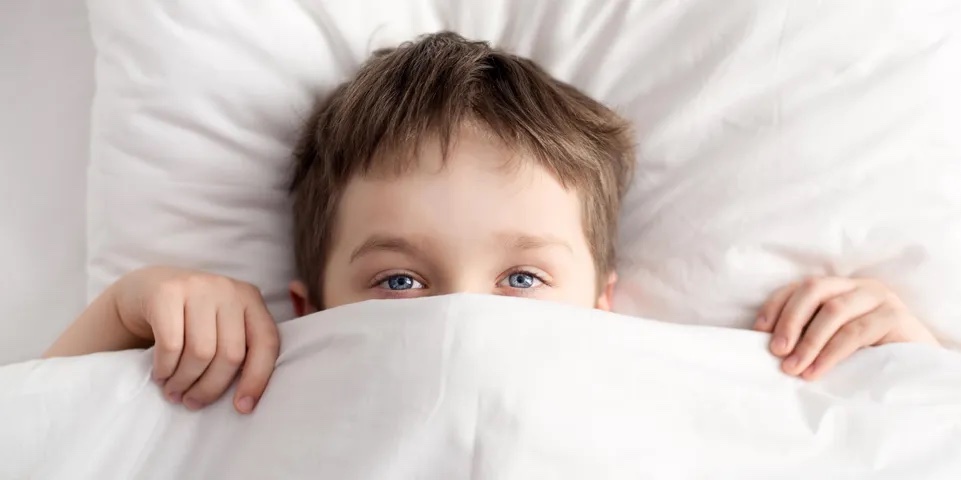
January 20, 2020
Every person needs to sleep to maintain optimal mental and physical health, but this rest is particularly vital for youth. While children sleep, their bodies are busy growing and developing. The immune system is also fighting against threats that could cause a wide range of health problems—such as respiratory infections that could cause breathing problems. That’s why kids need much more shuteye than adults. If you’re a parent, here are a few standard recommendations on how long your child should rest to stay strong, healthy, and alert.
Sleep Guidelines for Children
Infants
Babies are rapidly growing, and therefore, require the most amount of sleep out of all other age groups. While there is no one standard recommendation for infants, the general guideline falls between 14 and 17 hours within 24 hours.
 Most of this rest will come in short waves, with babies sleeping about two hours at a time between feedings and other activities. However, infants experiencing breathing problems—such as those caused by colds, allergies, or infections—may have trouble getting all the rest they need.
Most of this rest will come in short waves, with babies sleeping about two hours at a time between feedings and other activities. However, infants experiencing breathing problems—such as those caused by colds, allergies, or infections—may have trouble getting all the rest they need.
Between four months and a year, infants require less sleep at about 12 to 15 hours per day. Many will start sleeping for longer periods—around five consecutive hours.
Toddlers
Toddlers—or those from one to two years old—should sleep about 11 to 14 hours per day. At this point, children should be resting through the night and taking daily naps to achieve this.
Pre-Schoolers
Children ages three to five years old should spend about 10 to 13 hours sleeping each day. Parents should help their kids maintain a routine sleep schedule—including naps—that accommodates new daily activities, such as going to preschool.
School Age
Once children enter kindergarten, their school schedule will mostly dictate when they go to bed and wake up. Generally, kids between six and 12 years old should sleep nine to 12 hours a day. Many youths will stop napping regularly at this point.
Teenagers
Teens should get between eight and 10 hours of sleep per night. Due to early school times and extracurricular pressures, however, many adolescents won’t meet these requirements. If your teen is experiencing fatigue, irritability, or other unusual behaviors, taking a look at their sleep schedule may be a good start to fixing these issues.
If your child struggles to maintain a consistent sleep schedule, talk to your primary care provider at Coryell Health Medical Clinic. Through primary care and specialty services in Gatesville, TX, our medical center can diagnose and treat many issues that can impair healthy sleep for children and adults—including breathing problems, diabetes, and obesity.
 Skip to content
Skip to content
